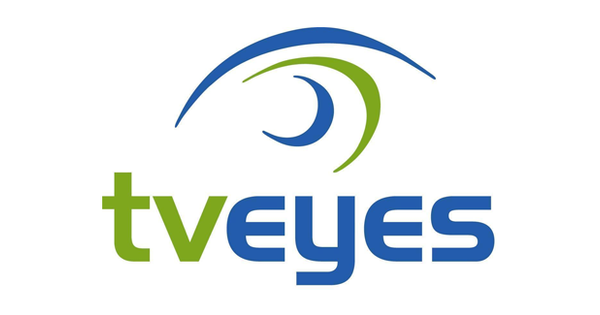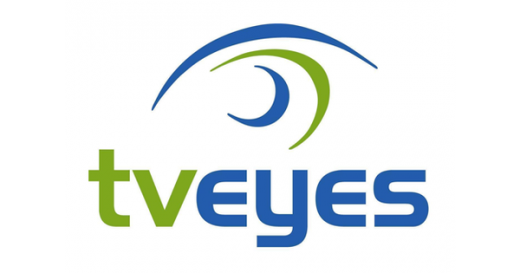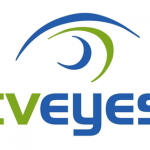TVEyes Presses Court To Reconsider Video Clips
TVEyes Presses Court To Reconsider Video Clips
TVEyes is asking a federal appeals court to reconsider its recent ruling that the company’s video-clipping service isn’t protected by “fair use” principles.
The company contends that the decision — issued last month by a three-judge panel of the 2nd Circuit Court of Appeals — empowers Fox News and other content owners to block technology that “would otherwise enable the use of information in new ways that create enormous public benefit.”

The battle between Fox and TVEyes dates to 2013, when Fox alleged in a lawsuit that TVEyes infringed copyright with its $500-a-month online monitoring service — which is used by journalists, the White House, politicians and the U.S. military, among others. TVEyes records and indexes news programs from 1,400 stations, and allows subscribers to search for news clips by keywords and access portions of the shows.
TVEyes countered that its service was protected by fair use principles because it’s “transformative” — offering not simply access to news and entertainment, but also the ability to analyze companies’ approach to the news.
The appeals panel sided with Fox, ruling that the broadcaster was entitled to an injunction prohibiting TVEyes from continuing to offer its clients video clips from Fox’s news programs. “At bottom, TVEyes is unlawfully profiting off the work of others by commercially re-distributing all of that work that a viewer wishes to use, without payment or license,” the judges wrote last month.
TVEyes is now asking a larger panel of 2nd Circuit judges to reconsider that ruling.
“In this multimedia age, information must be seen and heard to be understood,” TVEyes writes in its new court papers, made available Tuesday.
Among other arguments, the company says the ruling “endangers new technologies important to political dialogue.”
“If the President tweets about an issue that aired on FoxNews, then Fox News itself becomes the news and a subject for research and criticism that is enabled by TVEyes’s comprehensive database,” TVEyes writes. “But under the panel’s … ruling, TVEyes’s service is blocked and Fox may withhold access to its past broadcast content or license it only on prohibitive terms.”
The panel judges wrote that TVEyes’ service wasn’t protected by fair use because it harms Fox’s ability to monetize its content. The judges noted in the opinion that TVEyes’ success shows that the service “displaces potential Fox revenues.”
TVEyes questions that reasoning, arguing that it “conflicts with prior decisions rejecting the notion that market harm may be presumed from a copyright defendant’s commercial success.”
(24)













